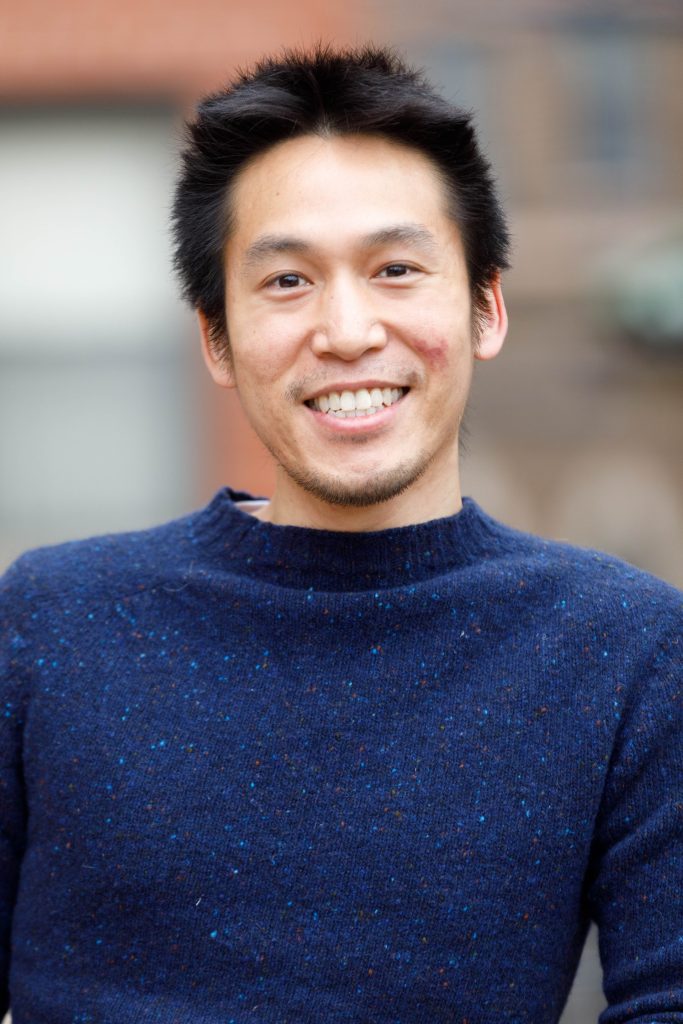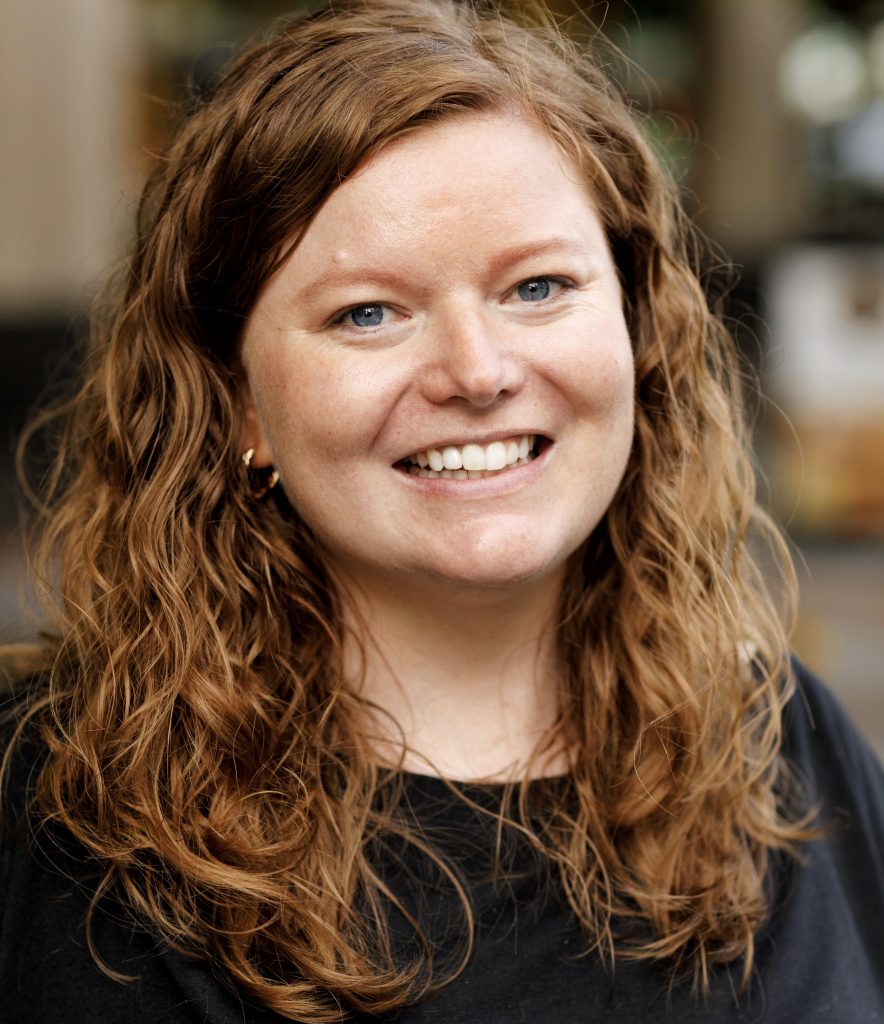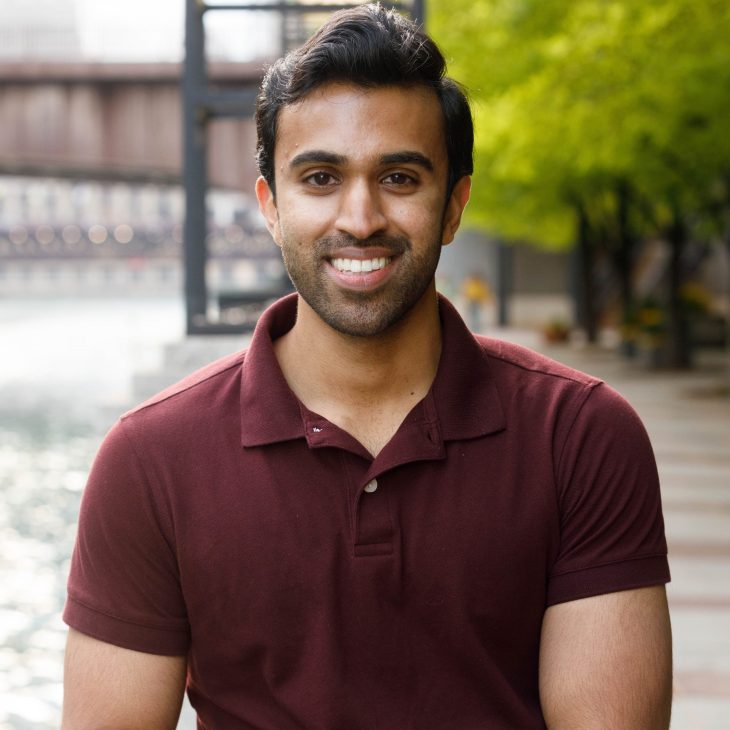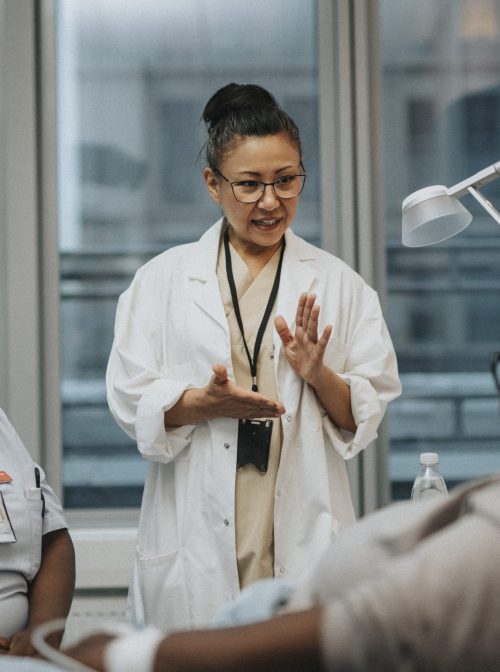Across the United States, the landscape of religion and spirituality is changing. Reflected in the patient populations, US healthcare facilities are tasked with providing care to a religiously diverse country. Healthcare professionals skilled in interfaith leadership have taken the lead in reshaping the landscape of patient care to create a more inclusive and understanding healthcare environment.
Meet Dr. Lawrence Lin, a medical resident specializing in plastic and reconstructive surgery in Ohio. Armed with knowledge of diverse religious traditions, he aims to build bridges among his patients and healthcare colleagues.
While one of Dr. Lin’s patients was being prepped for surgery, he noticed his patient was wearing a thread around his body. Through further investigation, Dr. Lin learned this thread was sacred to his patient’s Hindu faith.

He articulates, “I strived to protect the patient’s desire to continue to wear the sacred thread as they prepared [him] for surgery.”
The Harvard Divinity School defines religious literacy as the ability to discern and analyze the fundamental intersections of religion and social/political/cultural life through multiple lenses. Spiritual literacy is a critical interfaith leadership skill, as it helps healthcare professionals recognize how religious identity is connected to their work.
When communicating this situation to his colleagues, Dr. Lin stressed “the importance of the sacred thread, our obligation to respect the patient’s faith practice, and our ability to accommodate the patient while practicing safe surgical protocol.”
When healthcare systems overlook their patients’ religious and spiritual needs, the quality of patient care and outcomes decline. Healthcare professionals with a wide range of interfaith leadership skills are stepping up to fill these gaps in healthcare delivery.
Take Dr. Anastasia Young, DNP, APRN, AGNP-C, a nurse practitioner at a cancer institute in Minnesota, as another example. Dr. Young converses with her patients about their religious customs and traditions and how they interact with healthcare.
For instance, patients who fast as part of their religious practice may abstain from medications, a situation with potential health consequences.
“Conversations before the planned time of fasting allow the patient and I to work together to see if it is safe to fast and if there are ways to accommodate them given their medications and medical history,” Dr. Young shares.
Her approach to incorporating religious literacy into the healthcare system improves its ability to meet the dual objectives of addressing medical and spiritual needs.

While religious literacy is a crucial interfaith leadership skill, it is not the sole one at play. These skills span effective communication to practicing empathy.
They also include uniting diverse groups to achieve common goals, as Alexis Grant, MA, a doctoral intern in clinical psychology in Connecticut, refers to it as ‘consensus building.’
As a psychologist within an interdisciplinary pain management team, Grant must actively listen to her patients’ needs while coordinating care with her healthcare team. Finding common ground between all parties can be challenging, but fortunately, Grant has built this interfaith leadership skill through her work as a community organizer.
“Consensus building helps me ensure I’m creating a clinical relationship characterized by shared decision-making and patient empowerment,” Grant emphasizes.
One often challenging yet crucial skill for interfaith leaders is the ability to engage in difficult conversations, delving into emotionally sensitive experiences related to identity, spirituality, and worldview.
Scott Klepach, MA, M.Div, a hospice chaplain and bereavement coordinator in Washington State, embodies this skill. Through the sensitive nature of his work, Klepach regularly partakes in thoughtful conversations with his patients and their families navigating grief, loss, and death.
“I am more concerned with meeting people where they might be or seek to be and providing a comforting presence. I’m delighted and honored to be in someone’s company as a companion, whether they are navigating high joys, deep griefs, and everything in between,” Klepach shares.
Using empathy, interfaith leaders like Klepach support the healing process for patients and their families. Patients bring diverse belief systems and practices that influence their approach to healthcare. Thus, healthcare professionals who understand and respect the intersection of religion and medicine allow for a more holistic and patient-centered approach to care.
As the U.S. continues to embrace its religious diversity, it becomes imperative for more healthcare professionals to cultivate skills in interfaith leadership. When these skills are at the center of a healthcare professional’s approach to care, healthcare transforms from a mere clinical interaction into a thoughtful human experience that addresses an individual’s needs.

Suraj Arshanapally
Suraj Arshanapally, MPH, is an Indian American peace-builder, public health advocate, and storyteller. He started The Multicultural Man to celebrate cultural diversity and healthy masculinity through storytelling. He is also the Managing Editor for the CDC Yellow Book, an international travel medicine publication at the Centers for Disease Control and Prevention. Suraj received his MPH in Social and Behavioral Sciences from Yale University. He believes multiculturalism and interfaith cooperation are crucial to building a healthy and peaceful society.
Suraj Arshanapally wrote this article in his personal capacity. The opinions expressed in this article are the author’s own and do not reflect the view of the Centers for Disease Control and Prevention, the Department of Health and Human Services, Interfaith America, or the United States government.




